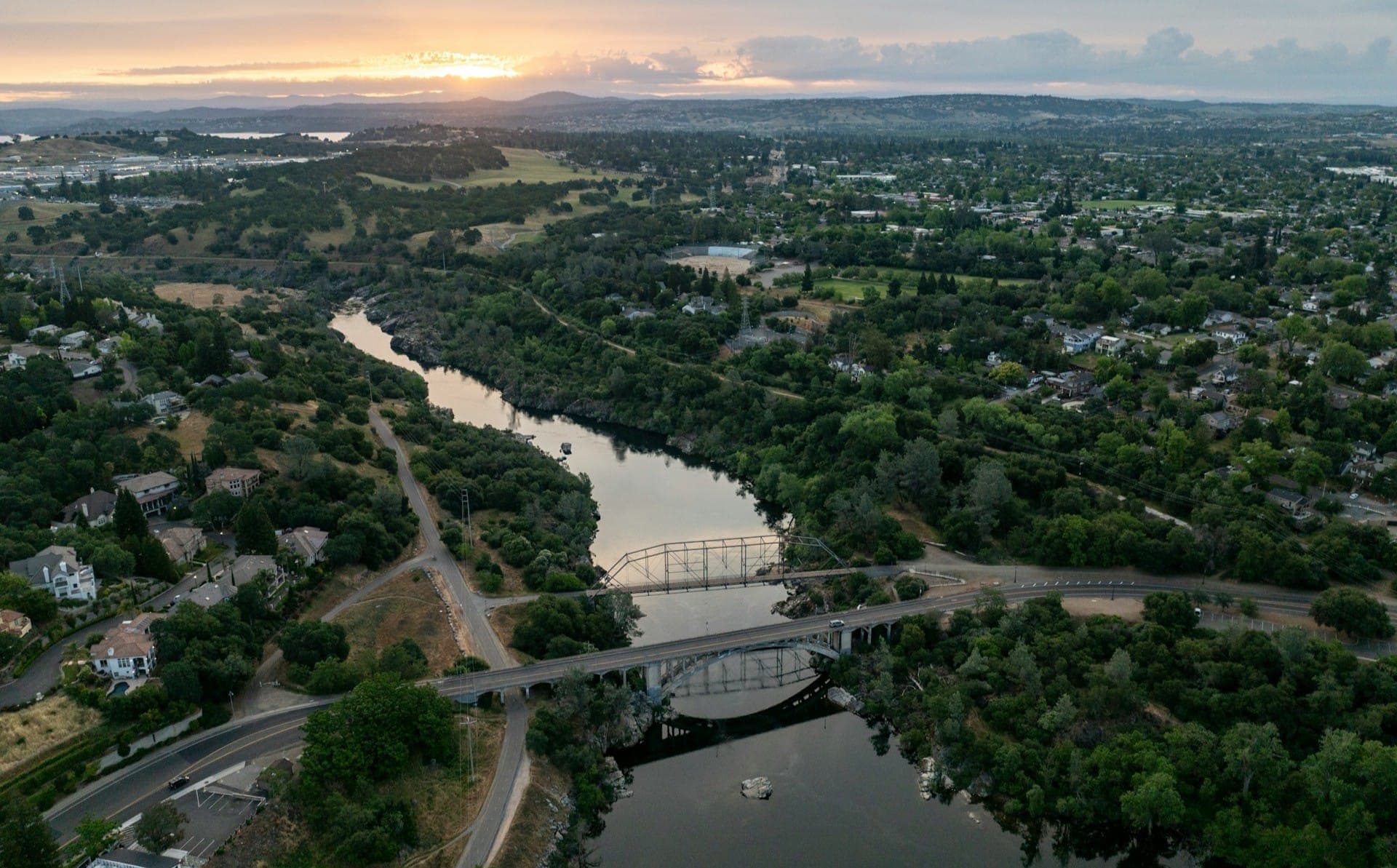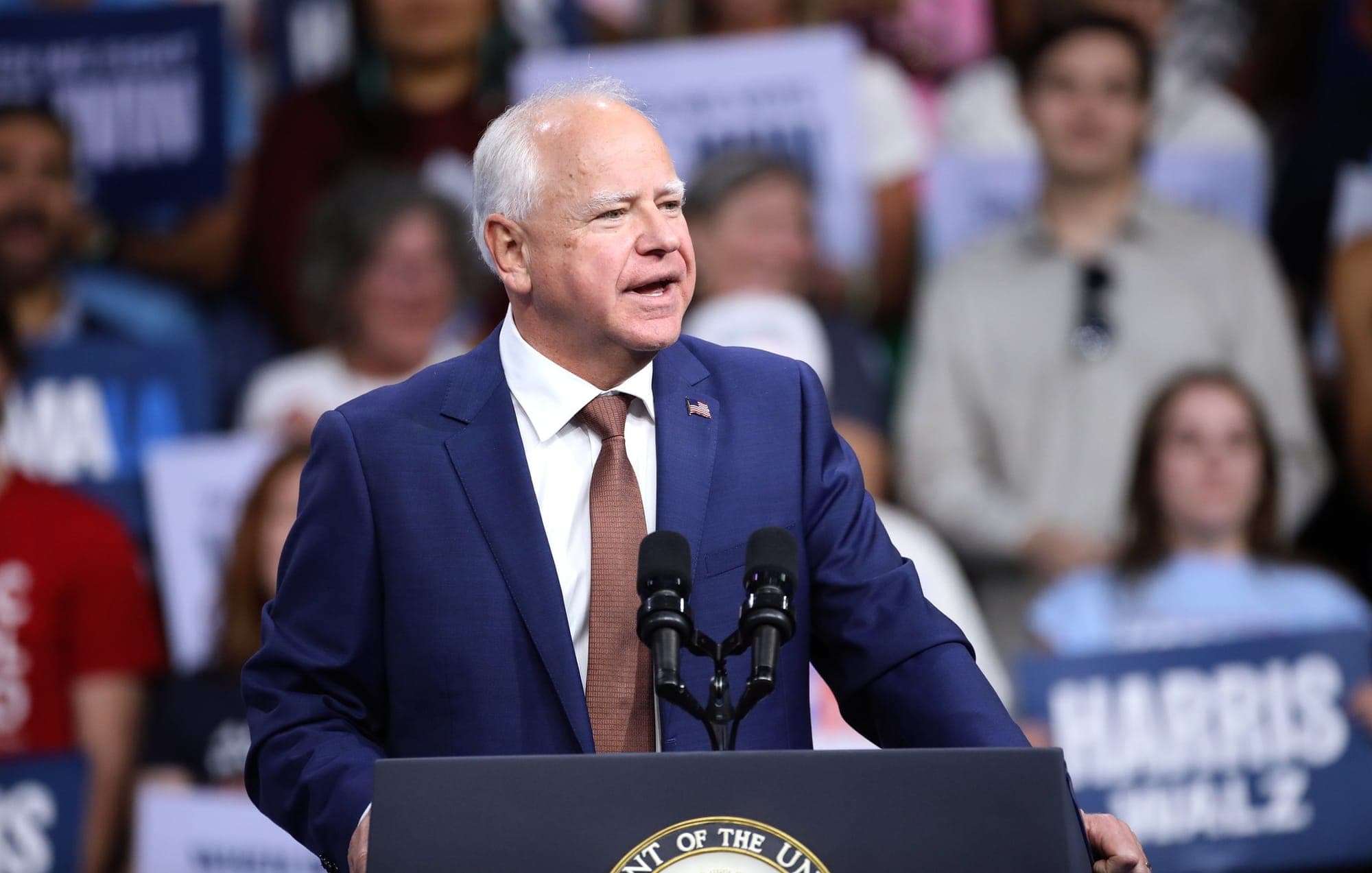Kennedy's Campaign Says It Has Gathered Signatures Needed for 27 States

Photo Credit: Gage Skidmore / Flickr
The last couple of weeks have been eventful for independent candidate Robert F Kennedy Jr, who may not have been invited to the CNN presidential debate but continues to rack up ballot access victories across the US.
Kennedy’s campaign announced Friday that he officially obtained ballot access in New Mexico after submitting 3 times the number of signatures required by the state. It is the tenth state in which the Kennedy campaign has been certified for the ballot.
The other nine are California, Colorado, Delaware, Hawaii, Michigan, Minnesota, Oklahoma, South Carolina, and Utah.
The path to ballot access has varied from state-to-state. In many states, Kennedy gathered signatures needed as an independent candidate. In some cases, supporters formed a new third party to make the process a bit easier.
In California, Kennedy was nominated by the American Independent Party, the largest third party in the state. He was also officially nominated by the national Reform Party, which should guarantee him ballot access in Florida.
Kennedy’s campaign says it has submitted signatures in 12 additional states and has also collected enough signatures in Florida, Idaho, Iowa, and New Hampshire.
“The Kennedy-Shanahan campaign has collected the signatures needed for ballot access in 27 states, totaling 363 electoral votes, 67% of the 538 total electoral votes nationwide,” the campaign stated in a press release.
On the same day the campaign announced it was on the ballot in New Mexico, it also announced for the second time that it submitted the number of signatures needed to obtain ballot access in Nevada.
Kennedy sued Nevada Secretary of State Cisco Aguilar after Aguilar’s office announced in March that it incorrectly approved Kennedy’s campaign for signature gathering in January before Kennedy selected a running mate.
As a result, the more than 20,000 signatures Kennedy collected at the time would likely be invalidated by Aguilar’s office. The campaign is required to turn in 10.095 valid signatures from registered Nevada voters.
Kennedy’s team was forced to recollect the signatures and on July 3 submitted more than 30,000 signatures to get on the state's ballot.
“Gathering signatures for a second time gave us a unique perspective,” said Randell Hynes, Nevada state director for Kennedy24. “We learned many more Nevadans knew Kennedy was running. We also had hundreds of thousands of face-to-face conversations we would not have had otherwise.”
It wasn’t the only hurdle Kennedy has faced in Nevada. State Democrats filed a lawsuit in June to keep him off the ballot, alleging that Kennedy is in violation of a state law that forbids independent candidates from being members or running under the banner of a political party.
The Democrats’ lawsuit points to Kennedy’s Democratic voter registration in New York and the various third-party nominations he has accepted – from already established parties like the American Independent Party in California or parties formed specifically to get him on the ballot.
State Democrats worked with the Democratic National Committee (DNC) to find two plaintiffs in the state to bring the lawsuit. The Nevada Democratic Party also sued to kick Green Party nominee Jill Stein off the ballot.
The DNC has implemented a number of tactics to keep or kick Kennedy and other independent and third-party candidates off the general election ballot. In North Carolina, for example, state Democrats sent a letter to the State Board of Elections urging them to reject petition signatures gathered for Kennedy's We the People party.
As of now, the DNC will get what it wants. The NC Board of Elections voted in June to deny the We the People party ballot access. It also denied Cornel West with the Justice for All party and Constitution Party nominee Randall Terry ballot access.
The board is composed of 5 members, 3 of which are Democrats. All of the Democratic members voted against the We the People party. The two Republicans on the board voted to certify the party.
Kennedy’s campaign further asserts that a super PAC aligned with the DNC, Clear Choice Action, is trying to get voters who signed a petition for Kennedy in North Carolia and other states to withdraw their signatures.
The Washington Post reported on the super PAC's broad and extensive efforts to shut down independent and third-party bids for president back in March.
 Shawn Griffiths
Shawn Griffiths






